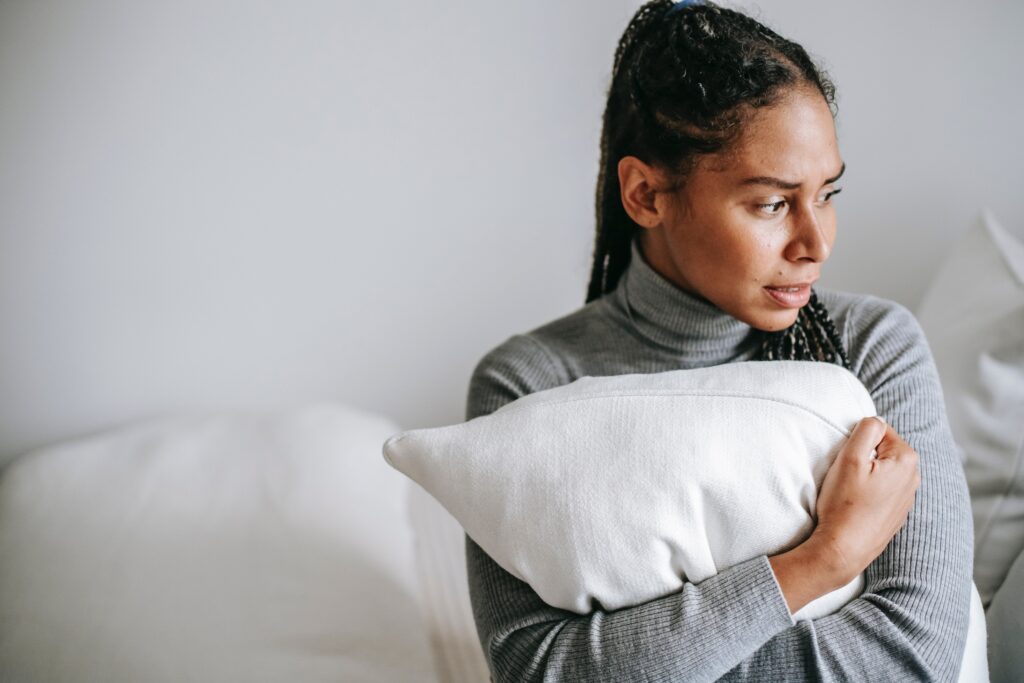Barbiturates are controlled substances that induce relaxation and drowsiness. Barbiturate overdose, also known as acute barbiturate poisoning, occurs when someone consumes more of the medication than prescribed, whether deliberately or accidentally. Barbiturates overdose can have life-threatening consequences. The abuse of barbiturate drugs increases the chance of overdose.
What is a Barbiturate Overdose?
What is barbiturate overdose, then? A barbiturate overdose occurs when an individual ingests an excessive amount of barbiturate medications, resulting in toxic levels of the drug accumulating in their body. Barbiturates act as depressants of the CNS (central nervous system) and were commonly prescribed in the past to treat conditions like insomnia, anxiety, and seizures. Due to their high potential for abuse and overdose, their medical use has significantly decreased in recent years.
Barbiturates work by depressing activity in the CNS, triggering effects like:
- Sedation
- Relaxation
- Reduced anxiety
When taken as prescribed by a healthcare professional, barbiturates can provide therapeutic benefits. That said, misusing the medication by taking higher doses than recommended is associated with adverse outcomes that include overdose.
An overdose occurs when the body cannot effectively process the excessive amount of barbiturate, overwhelming its systems and leading to a range of symptoms. The severity of an overdose can vary based on factors such as:
- Type of barbiturate
- Dosag
- Tolerance
- Health status
Acute barbiturate intoxication is a serious and potentially life-threatening situation that requires immediate medical attention. It can result from accidentally taking too much of the medication or intentionally misusing the drug for recreational purposes. Due to the risks associated with barbiturate overdose, their medical use is now limited, and alternative medications with safer profiles are often preferred.
The symptoms of a barbiturate overdose can range from mild to severe and can affect various bodily functions, including the respiratory system, cardiovascular system, and central nervous system. Prompt medical intervention can prevent complications and ensure safety. If you suspect a barbiturate overdose in yourself or someone else, seek immediate medical help to prevent further harm and receive appropriate treatment.

Barbiturate Overdose Symptoms
The symptoms of a barbiturate overdose may vary in severity depending on the amount consumed and individual tolerance. Common symptoms include:
- Drowsiness: Excessive sleepiness or difficulty staying awake.
- Slurred speech: Impaired speech that sounds slow and unclear.
- Confusion: Disorientation and difficulty thinking clearly.
- Impaired coordination: Difficulty walking or performing tasks that require physical coordination.
- Slow breathing: Shallow or slow breathing, which can lead to respiratory distress.
- Hypotension: Low blood pressure, which may result in dizziness or fainting.
- Slow heart rate: Bradycardia, or a slower-than-normal heart rate.
- Unconsciousness: Loss of consciousness and inability to respond to stimuli.
- Coma: A prolonged state of unconsciousness with little to no response.
Severe cases of barbiturate overdose can result in life-threatening respiratory failure, cardiac arrest, and death.
Getting Help for a Barbiturate Overdose
Getting help for a barbiturate overdose is a critical and time-sensitive matter that requires immediate action. If you suspect that someone is experiencing a barbiturate overdose, follow these steps to ensure their safety and well-being:
Call 911
The first and most important step is to call emergency services right away. If you are unsure whether an overdose has occurred but notice any alarming symptoms such as difficulty breathing, confusion, loss of consciousness, or severe drowsiness, don’t hesitate to call for professional help.
Stay with the person
While waiting for medical assistance to arrive, stay with the person who has overdosed. If the person loses consciousness, roll them onto their side to prevent choking in case of vomiting.
Provide information to the emergency responders
If you have any information about the substances the person may have taken, share it with the medical professionals when they arrive. Knowing the types and amounts of drugs involved can assist in providing appropriate treatment.
Avoid trying to sober up the person
Do not attempt to make the person vomit, give them food or drinks, or use home remedies. These actions can worsen the situation and delay proper medical treatment.
Administer naloxone (if applicable)
If you suspect the person has mixed barbiturates with opioids, and you have access to naloxone (a medication that reverses opioid overdoses), follow the instructions provided with the naloxone kit. However, remember that naloxone cannot reverse a barbiturate-induced coma.
Remain calm
While the situation may be distressing, try to remain as calm as possible. Medical professionals are trained to handle overdose situations and will do their best to provide the necessary care.
Support after treatment
Once the person receives medical treatment, their recovery may involve ongoing medical care and psychological support. Encourage them to seek professional help for substance misuse or addiction, as well as any underlying mental health issues that may contribute to their substance use.
Remember that time is of the essence when dealing with a barbiturate overdose. The prompt response of medical professionals can make a significant difference in the person’s chances of recovery. Prioritize their safety and well-being and encourage them to seek appropriate treatment and support for their overall health and recovery journey.

Get Treatment for Barbiturate Addiction at Gratitude Lodge
If you have developed an addiction to barbiturates, we offer a full range of drug addiction and detox treatment programs at Gratitude Lodge in Southern California. We have pet-friendly treatment facilities located in Long Beach and Newport Beach, CA.
Choosing our medical detoxification program connects you with medical professionals who can offer emotional guidance as well as medications to streamline the barbiturate withdrawal process. Detox addresses the issue of physical dependence and paves the way for ongoing treatment. During a 30-day inpatient program, you can access the following treatments:
- Medication-assisted treatment
- Holistic therapies
- Psychotherapy
- Individual counseling
- Group therapy
- Family therapy
- Aftercare support
Barbiturate addiction is treatable with the right personalized blend of treatment. Call admissions at 800-994-2184 for immediate assistance.




























